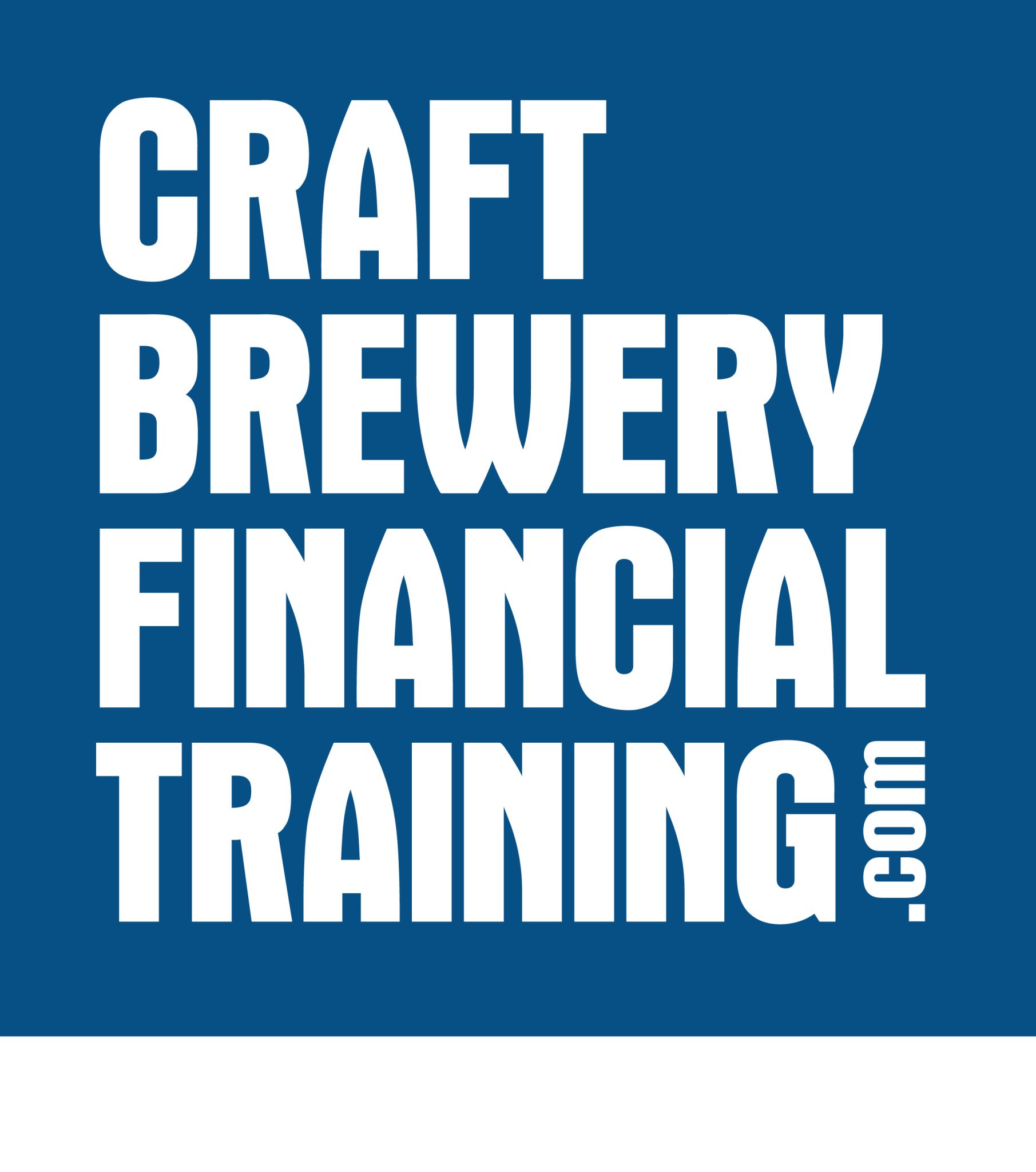In the last post, we reviewed how to use the First Rule of Compensation to pay your sales team.
The key takeaway: There’s no better way to grow beer sales than to have a properly designed sales compensation plan.
Today we’ll cover the Key Questions to Ask when designing your plan. These questions can help clarify the details so that your sales team knows exactly what to expect in their compensation.
3 Sales Compensation Tactics to Grow Revenue
- Use the First Rule of Compensation
- Ask these Key Comp Plan Questions
- Explain How the Comp Plan Works…then do it again
#2 Key Comp Plan Questions
Use the basic questions Who, What, Where, Why, When and How in your sales compensation plan design. These questions serve as a useful checklist to help you build an effective and comprehensive plan.
Here’s how the questions look when applied to sales compensation planning:
Who is the comp plan for?
Consider whether the plan will include the entire sales team (route sales, team leaders, sales managers) or if it will only be for one specific group.
If the plan will cover everyone, consider aligning the interests of each group together.
For example, if the route sales person will receive a bonus for gaining new points of distribution, make sure the sales manager receives a bonus as well. This way, both sales rep and manager have an incentive to achieve the same goal.
What does a successful plan look like?
It can be useful to describe what success looks like for the compensation plan. Explain what you hope to achieve. It’s like a mission statement for your plan.
As an example, our sales compensation plan will motivate our sales team to meet and exceed our brewery sales growth goals, while delivering exceptional customer service to our retail partners.
This mission statement provides clarity and vision for the sales team and the brewery business so that everyone knows what’s at stake.
Where will the plan be used?
If you sell in different states, counties or territories determine if the compensation plan will be the same in each market.
You may have some markets that are supermarket chain heavy and require one type of comp plan, while other markets may be dominated by bars and restaurants.
One comp model may work for every market, but consider whether the plan needs to be modified based on what is most effective for different retailers.
Why are you making a change to the compensation plan?
If you already have a comp plan in place, and want to make a change, be clear with yourself and the sales team about the reasons why.
Maybe the the current plan isn’t getting the results you want. Or it’s too complicated. Or, it’s simply time for a change to shake things up.
Be thoughtful about why you’re making a change and communicate the reasons to the sales team. When they understand the Why, they will be more motivated (and trusting) to buy into the new plan.
When and How…to implement and execute the plan?
Building a great compensation plan is the first step. Next, and equally important is having enough time to implement and execute the plan.
I’ve seen many great comp plans go up in flames due to bad implementation. Sometimes the plan is rushed and rolled out to the sales team too quickly. Other times, communication is lacking and the sales team doesn’t understand the details of the new comp plan.
There is a saying that confusion costs money. Give some thought to the When and How of sales compensation plan implementation so that your team knows how the plan works and how exactly they will get paid.
Wrap Up + Action Items
There’s no better way to grow beer sales than to have a properly designed sales compensation plan.
Use the first rule of compensation: pay a market rate and give them a chance to make more when they go above and beyond.
Ask the Key Compensation Plan Questions so that you create a clear, complete and actionable plan.
In the next post we’ll share tips to communicate the details of your sales compensation plan so that your team understands what they need to do in order to get paid.
Yours in Sales Comp Plans,
Kary




Comments are closed